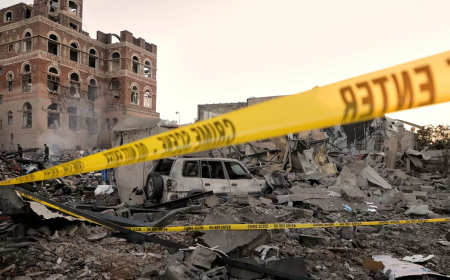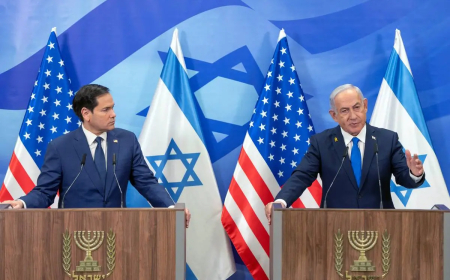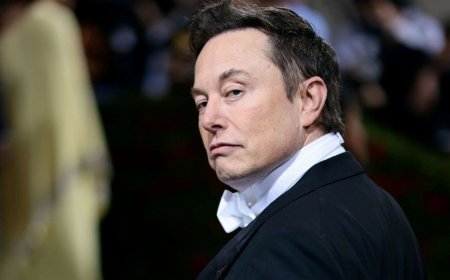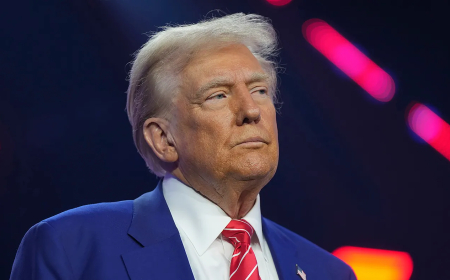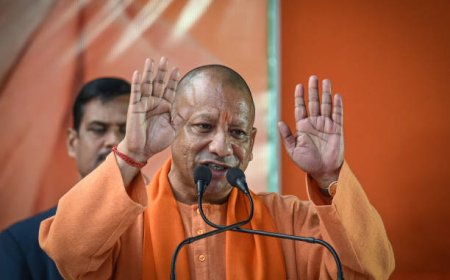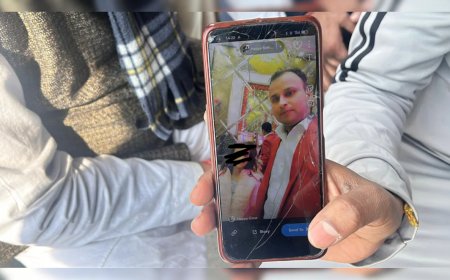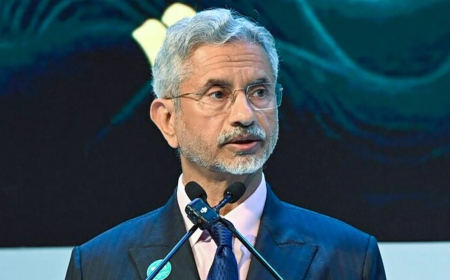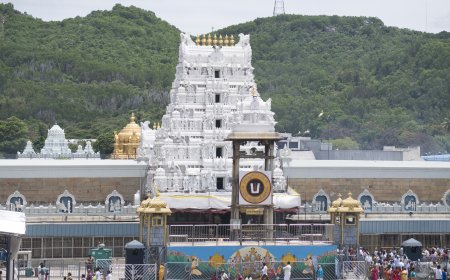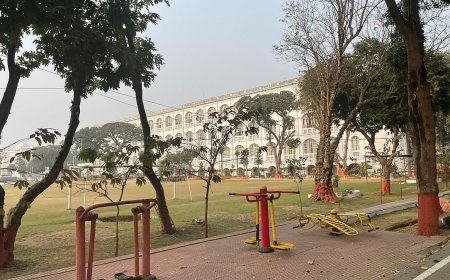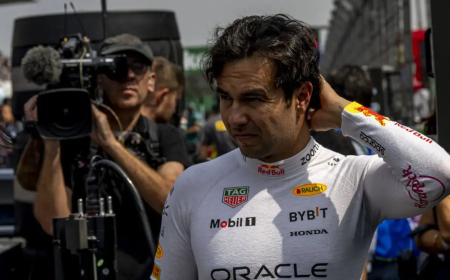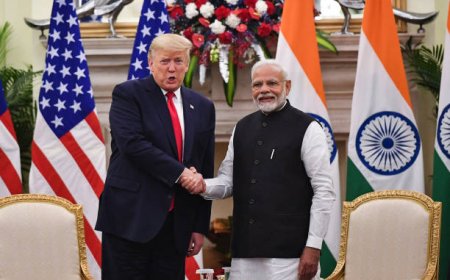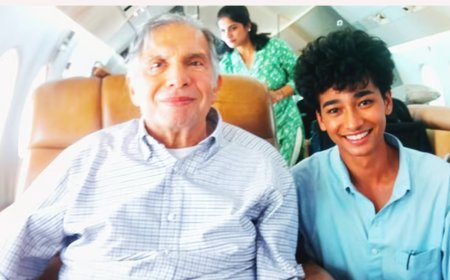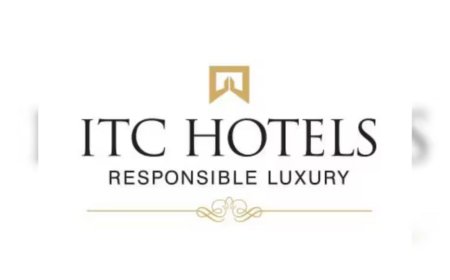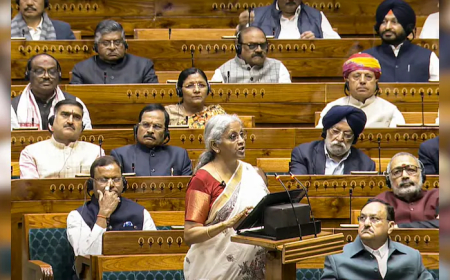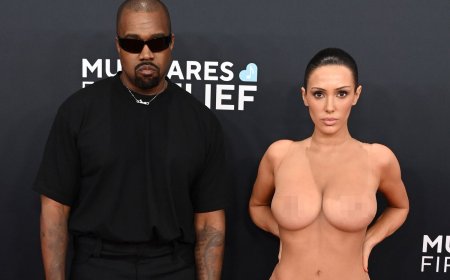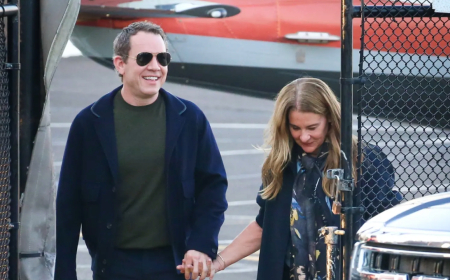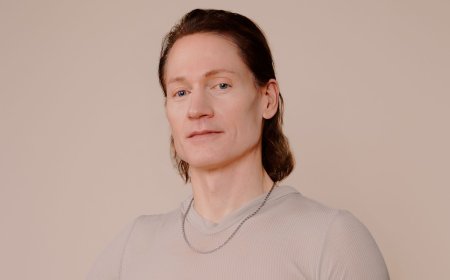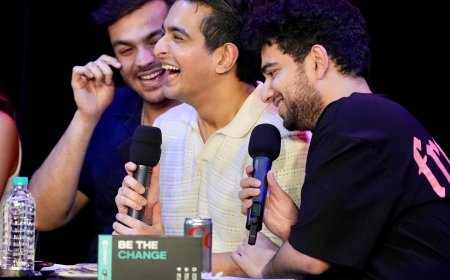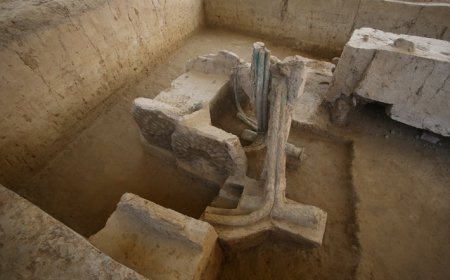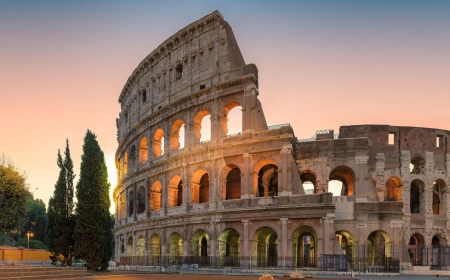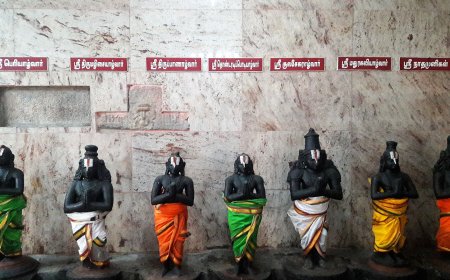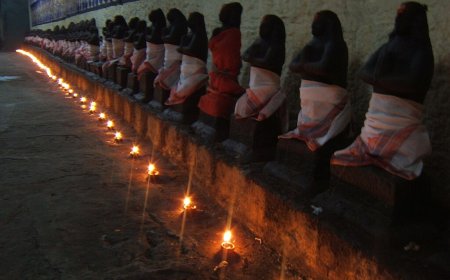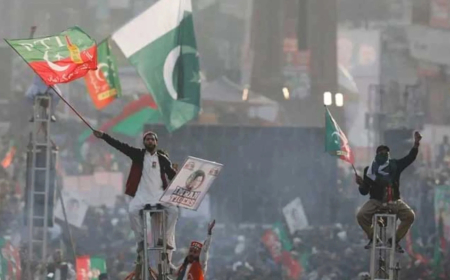Indian High Commissioner Takes Aim at Trudeau Amid Diplomatic Crisis
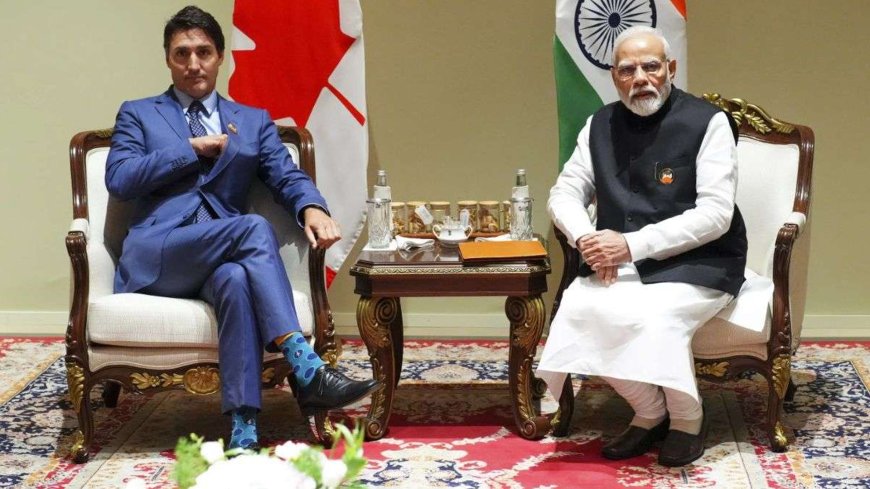
In the wake of rising diplomatic tensions between India and Canada, the Indian High Commissioner to Canada, Sanjay Kumar Verma, has voiced serious concerns over the actions of Prime Minister Justin Trudeau. In an exclusive interview, Verma accused Trudeau of undermining the relationship between the two nations, particularly in light of recent allegations related to the killing of Khalistani separatist Hardeep Singh Nijjar. Verma's remarks come after Canada expelled several Indian diplomats and named the Indian government as a party of interest in the investigation.
Verma firmly denied any involvement in Nijjar’s assassination, stating that the allegations leached with political motivations. Tracing back to Trudeau's claims, which were supported by intelligence rather than concrete proof, the envoy stressed that the evidence should have been shared with India prior to making such damaging accusations in public forums. He pointed out that the Prime Minister himself acknowledged the absence of hard evidence while addressing the Canadian Parliament, which, according to Verma, reflects a grave disregard for diplomatic protocols.
In the interview, Verma emphatically stated, "When he accused, he himself admitted there was no concrete evidence. There was only intelligence." He suggested that such actions, driven by unfounded intelligence, could destabilize international relations, inviting further scrutiny on Ottawa's assertions. This situation has put a strain on bilateral ties at a time when stronger diplomatic relations were needed.
The diplomat accentuated that Canada has not provided any tangible evidence that could substantiate the severe claims made against Indian diplomats. “Not a shred of evidence has been shared with us,” he remarked, emphasizing the need for legally acceptable proof to facilitate any potential discussions between the two countries. Verma described the accusations as politically charged, emphasizing that they propagate a narrative detrimental to the established relations between India and Canada.
Verma also condemned Nijjar's murder, calling it a terrible incident, yet he maintained that the political narrative surrounding the killing should be approached with care and substantiated facts. “Any murder is wrong, and I do condemn that,” he reiterated during the conversation. As tensions continue to escalate, both countries have engaged in this tit-for-tat approach involving diplomatic expulsions, further complicating the international landscape in which both nations operate.
Additionally, Verma criticized the timing of Canada's actions, suggesting they were premeditated. With Canada’s recent moves to accuse Indian government agents of involvement in criminal activities against pro-Khalistani individuals, he rejected these claims as unfounded and emphasized that Indian courts operate under a rule of law that demands tangible evidence. “If evidence exists, it should be shared legally and transparently,” Verma concluded, further asserting that India has always been proactive in seeking clarity on these pressing matters.
This diplomatic spat showcases the fragility of international relations, where misinformation and hasty accusations can lead to significant fallout. As continued dialogue is crucial, the need for both nations to reassess their diplomatic strategies and communicate effectively cannot be overstated, especially in times of such heightened tensions.

